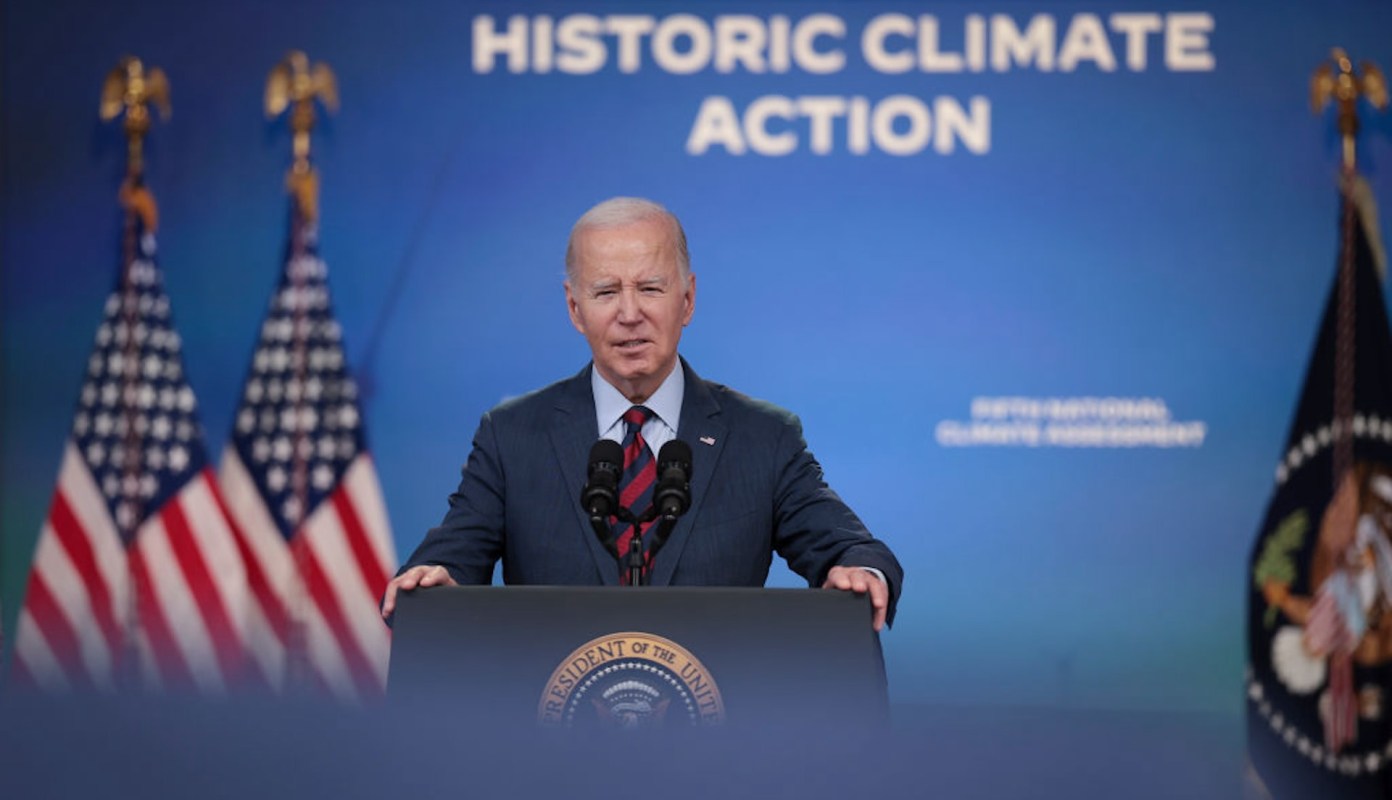Grassroots organizations, representatives from the FDA and EPA, and leading health experts convened on April 10 in Washington, D.C., to discuss measures the U.S. can take to protect humans and the environment from the threats posed by plastic.
The Plastic Solutions and Health Summit was organized by SeaLegacy and A Plastic Planet. It called upon the government "to engage fully in the negotiations and consider the provisions of the Health Scientists' Global Plastic Treaty" before the next round of negotiations at the UN Global Plastics Treaty at the end of April, according to a press release from the summit.
The Plastic Health Council, co-founded by A Plastic Planet and the Plastic Soup Foundation, presented the treaty in November 2023 at the last negotiations in Kenya.
The proposal aims to have any future UN treaty focus on protecting human health and states that "plastics have largely escaped regulatory scrutiny for over 100 years," many of which have not been tested for human safety.
It outlines several short-term goals, such as cutting single-use plastic production in half by 2035, eliminating 90% of hazardous chemicals from plastic products by 2035, abstaining from the harmful practice of chemical recycling, and outlawing the sale of any products that contain nonessential micro- and nanoplastic particles by 2030.
The long-term goals include eliminating all unnecessary forms of single-use plastics and chemicals of concern in plastics, supporting the generation of sustainable plastic replacements, and mandating the proper testing of every chemical used in plastics.
The Health Scientists' Global Plastic Treaty is an alternative to the one drafted by the UN Environment Programme since the latter "falls far short of what is needed to ensure the health of humans, wildlife and ecosystems," per the Plastic Soup Foundation.
The press release noted that 400 million tonnes (440 million tons) of plastic are produced annually with 16,000 chemical ingredients. Some of those have been linked to endocrine disruption, fertility complications, heart disease, and cancer.
Plastic pollution placed a $2.5 billion burden on the U.S. healthcare system in 2018, roughly equivalent to the combined salaries of the three million registered nurses in the country.
SeaLegacy and A Plastic Planet also announced their partnership at the Summit to help combat the plastic pollution problem.
"We work in the business of storytelling, but the impact of plastic on our planet is far from fiction," SeaLegacy co-founder Cristina Mittermeier said. "Our ocean is in grave danger, and without a healthy ocean, we will face our own extinction. Plastic has infected every inch of our planet and now our own bodies."
"The scientists have been ringing the alarm for decades, and we have a narrow window of opportunity this year to create a global Plastics Treaty that will protect not only our ocean, our air, our soil but our own children," said Sian Sutherland, co-founder and chief of A Plastic Planet and the Plastic Health Council.
Join our free newsletter for cool news and actionable info that makes it easy to help yourself while helping the planet.









